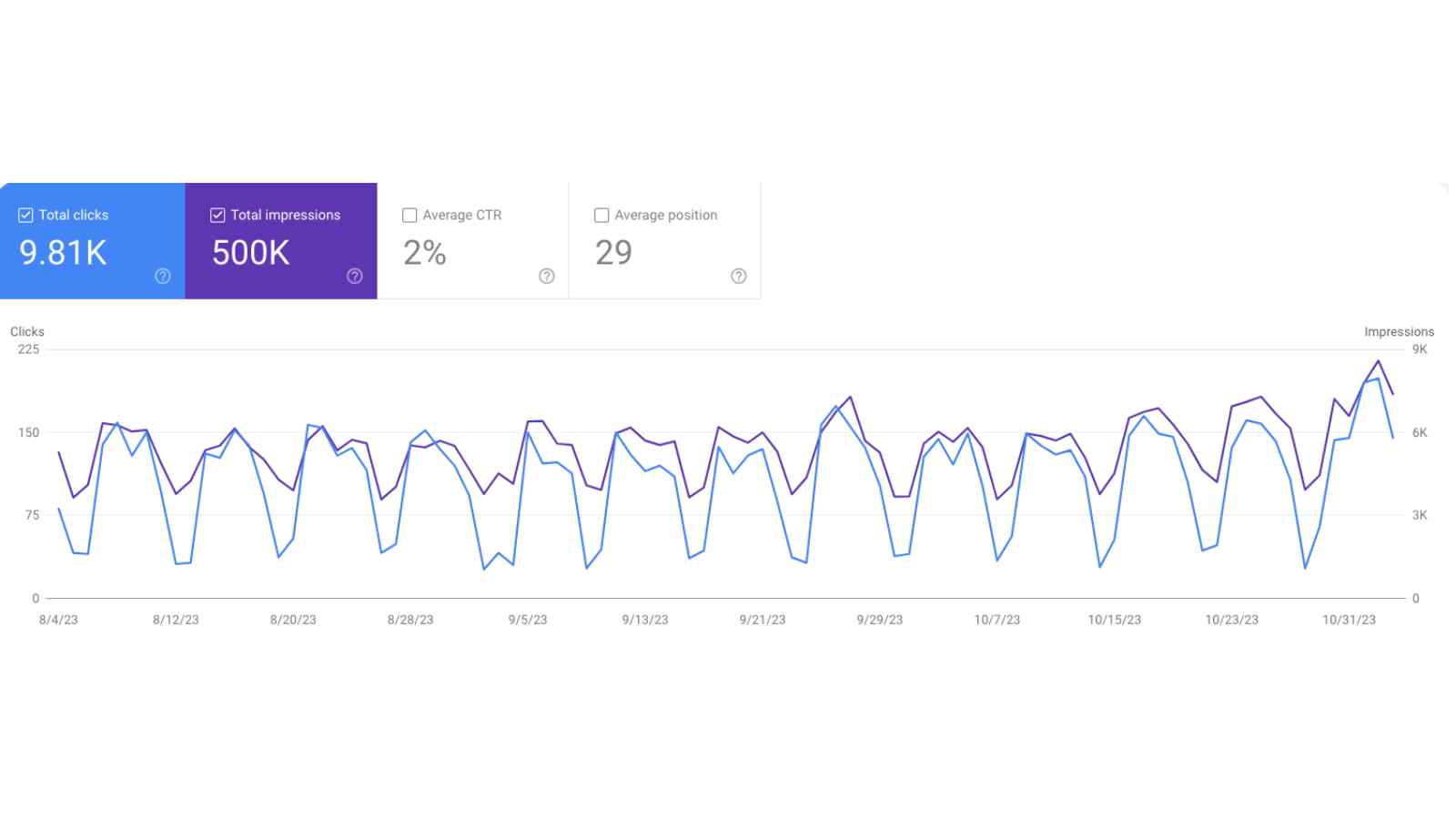A meta description may not seem like much. It's just a brief sentence or two that appears beneath the clickable link of a website. The meta description is the text displayed on search engine results pages, so it's important not to write this technical detail off as unimportant. But make no mistake - the meta description is among the most important elements of on-page SEO, and if you have a website you should be aware of its impact.
.png?width=750&height=500&name=what%20is%20a%20meta%20description_%20hubspot%20partner_%20analytics%20that%20profit%20(1).png)
The Power Of A Meta Description
When capturing a reader's attention is more challenging than ever, the meta description serves as your chance to make an excellent first impression. This brief text, typically between 150-160 characters, appears beneath your title in the search engine results pages (SERPs). It's your opportunity to persuade a searcher to click through to your content; as such, it should be well-written, engaging, and relevant to the topic.
Meta descriptions can influence click-through rate (CTR). Which means they can influence whether a user decides to visit your page.
That makes them a critical on-page SEO factor.
Source: Semrush
Think of it this way - the meta description is your elevator pitch. You have limited space to make a good impression, so you need to make every word count.
What Makes A Good Meta Description?
A practical meta description should be:
Relevant: The meta description should match the topic of the page it's describing. If a searcher sees a well-written, relevant meta description, they're more likely to click through to your content.
Include compelling ad copy in your description
The meta description tag serves the function of advertising copy. It draws readers to a website from the SERP, and thus is a very visible and important part of search marketing. A page's meta description should intelligently employ the page’s target keywords, in a natural, non-spammy way that compels the user to click through to the page. Google and other search engines often bold keywords from the user’s query in the description display, which draws the eye of the searcher. Try to match your descriptions to valuable search terms as closely as possible without over-optimizing them.
Source: Moz
Engaging: A good meta description is compelling and exciting, making the searcher want to learn more about what you have to say.
Within the character limit: Meta descriptions can be 160 characters, so ensure your text is within this limit.
The right length doesn’t really exist; it depends on the message you want to convey. You should take enough space to get the message across, but keep it short and snappy at the same time. However, if you check the search results in Google, you’ll mostly see snippets of 120 to 156 characters, like in the example below.

Source: Yoast
Free of keyword stuffing: A few relevant keywords are OK but stuff your meta description full of keywords, and you'll turn off potential readers. Not to mention, you could get penalized by Google.
Include relevant information about the content in the description
The meta description doesn't just have to be in sentence format; it's also a great place to include information about the page. For example, news or blog postings can list the author, date of publication, or byline information. This can give potential visitors very relevant information that might not be displayed in the snippet otherwise. Similarly, product pages might have the key bits of information—price, age, manufacturer—scattered throughout a page. A good meta description can bring all this data together.
Source: Google
If you're unsure how to write a compelling meta description, don't worry - you're not alone. Writing clear meta descriptions can be tricky, but anyone can learn with practice. And once you find your groove, you'll see just how powerful this small text can be regarding website results.
How Search Engines Use Meta Descriptions
When a searcher types a query into a search engine, that engine scours the internet for content relevant to the searcher's needs. The title and meta description indicate that a piece of content is suitable.
While the meta title is weighted more heavily than the meta description, both play an essential role in determining whether or not your content appears in the SERPs. In other words, a well-written meta description can help your content appear higher in the search results, while a poorly-written one could hurt your chances of ranking.

The meta description also appears in social media shares, giving you another opportunity to make a good impression and persuade someone to click through to your content. So if you still need to pay attention to your meta descriptions, now is the time to start.
Is Adding Optimized Meta Descriptions To Existing Content Worth The Effort?
In short, yes. Optimizing your meta descriptions is a straightforward way to improve your click-through rate, which can, in turn, lead to more traffic to your website. If you have an older website with many pages, it may seem daunting to go back and add meta descriptions to your existing content. But it's definitely worth the effort - even if you can only do a few pages at a time, every little bit helps.
Source: Similiarweb
If adding fresh content to your website is also on your to-do list, include optimized meta descriptions from the start. It may seem small, but it can significantly affect your site's traffic.
What Are The Metrics Behind A Well Written Meta Description
The metrics behind a well-written meta description are pretty simple - it should be relevant, engaging, and within the character limit. But there's one metric that's particularly important: click-through rate.
Your meta description appears in the SERPs, so it's your opportunity to persuade a searcher to click through to your content. The better your meta description, the higher your click-through rate will be. And the higher your click-through rate, the more traffic you'll get to your website.

However, be mindful of keyword stuffing - too many keywords will not only turn off potential readers but could also get you penalized by Google. A few relevant keywords are OK, but make sure they're integrated into your text naturally.
%20(1).png?width=500&height=500&name=meta%20description%20length_Neil%20Patel_%20Analytics%20That%20Profit%20(1)%20(1).png)
What Happens If Pages Don't Have A Meta Description?
Website pages that lack a meta description will get text pulled from the page content and used in its place. While this text may be relevant, it likely isn't optimized to be as engaging or persuasive as a well-written meta description. As such, it's always best to write your meta descriptions whenever possible.
In some cases, Google may also create its meta description for pages that don't have one. If the page content is short, the text used in the meta description isn't relevant, or the meta is too long, the chances increase for this to occur.

Remember that you don't completely control what Google chooses to use as your meta description. So even if you write a great meta description, there's always a chance that Google will override it with its text.
While this may seem unfair, there's a good reason for it. Google's goal is to provide searchers with the best possible results, sometimes using their chosen text instead of what website owners have provided.
What's The Future Of Meta Descriptions?
The future of meta descriptions is hard to say, but one thing is for sure: they're not going away anytime soon. As long as Google continues to use them in the SERPs, they'll remain an essential part of SEO.
So whether launching a new website or updating an existing one, include well-written meta descriptions as part of your optimization strategy. You can improve your click-through rate and drive more traffic to your site with a little effort.








